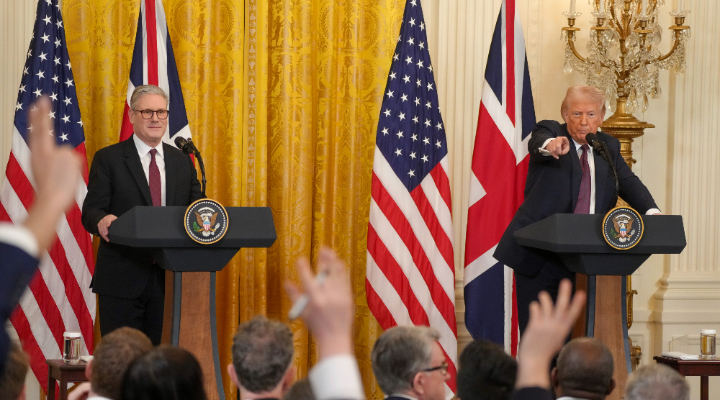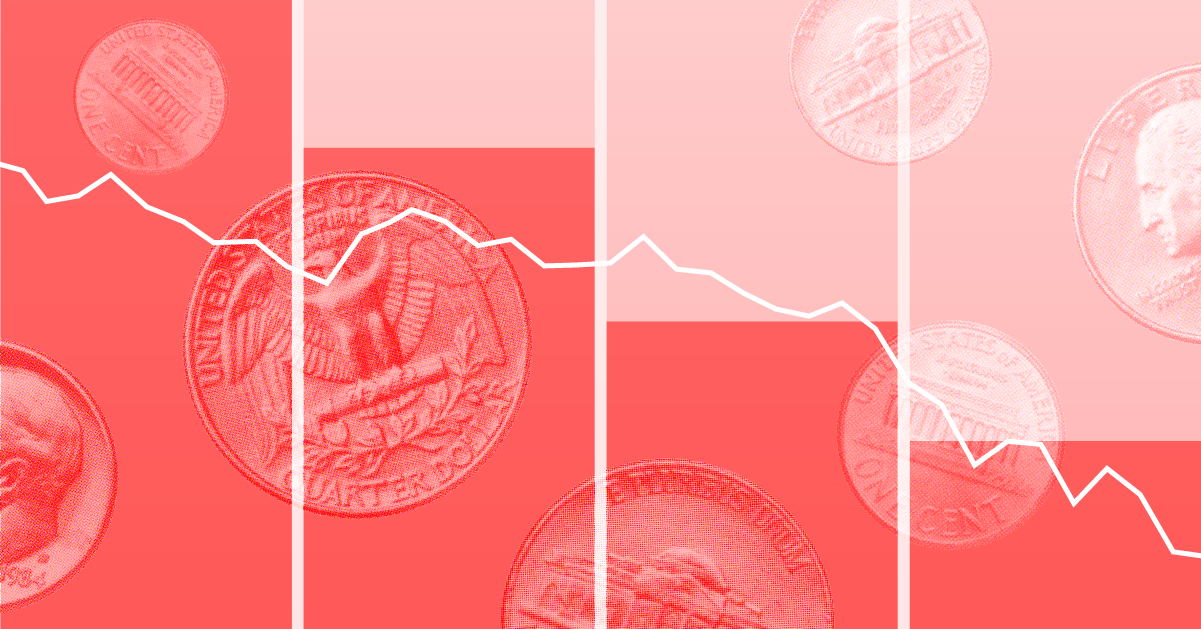
London Climate Action Week kicked off on July 1 and was launched in response to Mayor Sadiq Khan declaring a "climate emergency" in December 2018. London is hosting events to show the city's commitment to tackling climate change and enable collaboration between climate experts, businesses and investors to come up with viable solutions.
Climate Action Week comes just after Theresa May’s declaration that the UK will be net zero for carbon emissions by 2050. This ambitious target seeks to cement the outgoing Prime Minister’s legacy as the UK transitions to a low-carbon economy.
Why is Urgent Action Needed?
It has become clear to the public, businesses and government that the time for procrastination is over: the Intergovernmental Panel on Climate Change (IPCC) special report in January stated that we have 11 years to act to avoid total climate collapse. A climate catastrophe would spell any number of disturbances to the world as we know it including extreme weather, sea level rises, mass migration, and water shortages. Businesses and financial markets would also fall foul to climate change with risks from stranded assets and the destruction of existing infrastructure and value chains.
What Can Investors and Asset Managers Do?
Asset managers are under increasing pressure to evaluate and address the impact of climate change on clients’ portfolios. Fund providers are rising to this challenge by creating climate-themed products which select or overweight stocks based on their climate transition fitness. An increasing number of funds go even further by excluding all companies involved with fossil fuels. Asset managers are also engaging with portfolio holdings on carbon emissions, further showing their commitment to combating climate change.
Some Examples of Climate-Focused Funds:
- The Parvest Climate Impact Fund invests in companies involved in activities which enable the adaptation to, or mitigation of, climate change. These companies have revenue generated by sales of environmental products or services in the energy efficiency, renewable energy, water, waste and sustainable food, and agriculture markets. The fund was launched in May 2006 and has an ongoing charge of 1.43%. It also carries a Morningstar Analyst Rating of Bronze.
- The Schroder QEP Global ESG ex-Fossil Fuels equity fund invests in companies worldwide but excludes those that derive any revenues from fossil fuels and those with fossil fuel reserves. This may appeal to those investors who are interested in the increasingly popular carbon divestment movement. Launched in December 2018, the fund charges a fee of 0.77%.
- The iShares Green Bond Index Fund (IE) gives investors access to initiatives directly combating climate change. The proceeds from the bonds are used to finance projects with direct environmental benefits including those related to renewable energy, energy efficiency, clean water, pollution prevention and control, sustainable agriculture, clean transportation, climate adaption, green building, and sustainable water management. Launched in October 2018, the iShares Green Bond (IE) index fund charges a fee of 0.22%










:quality(80)/cloudfront-us-east-1.images.arcpublishing.com/morningstar/6BCTH5O2DVGYHBA4UDPCFNXA7M.png)




















